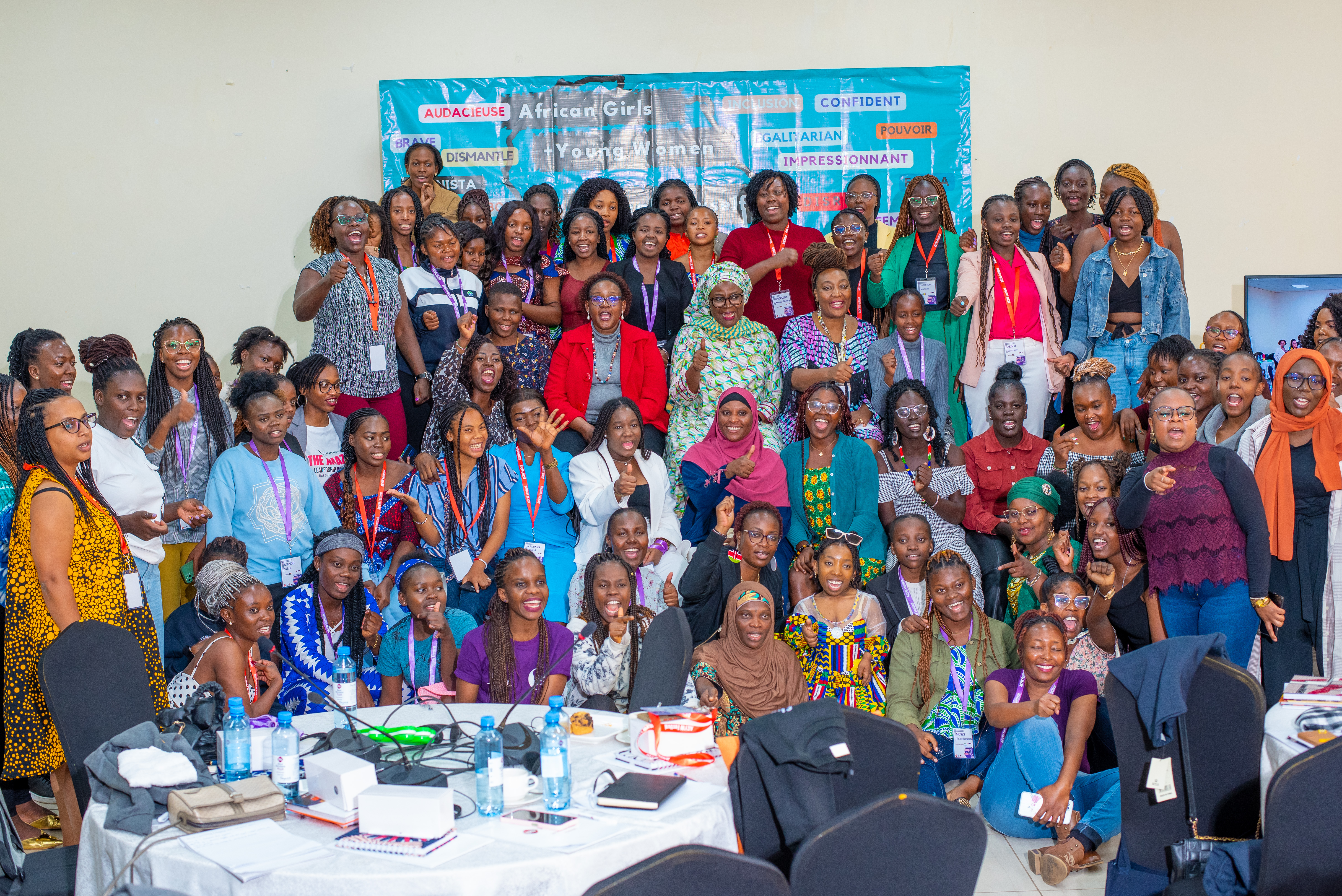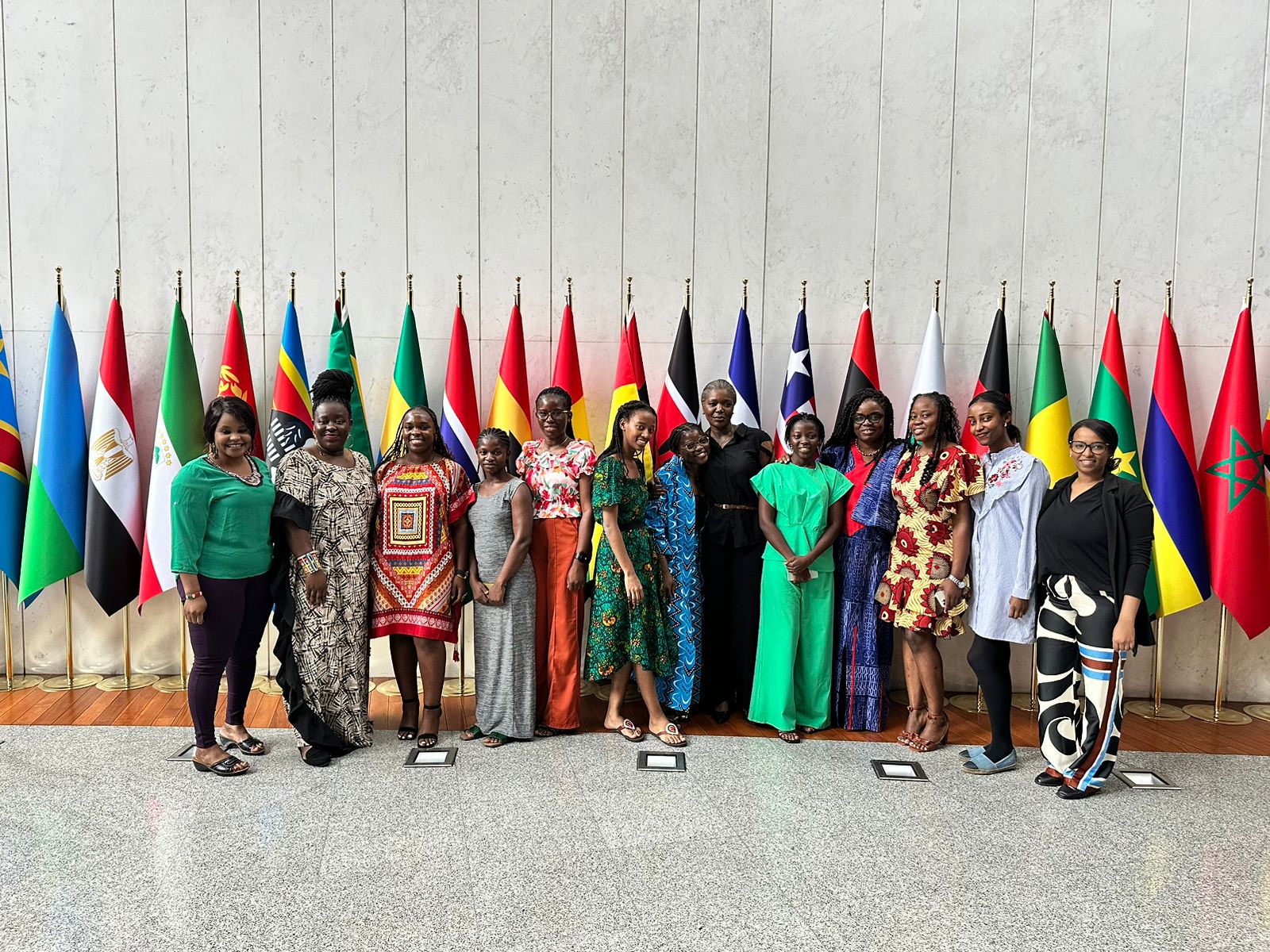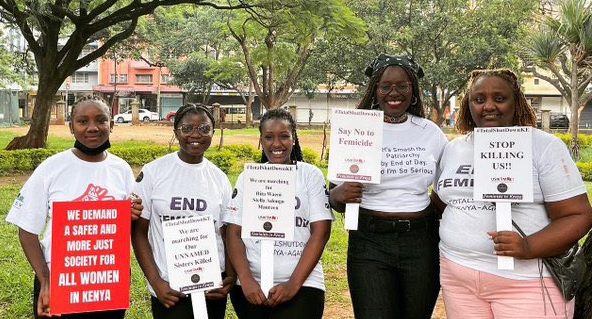
Call to Action: Africa Girls and Young Women’s Proposals at Maputo Commemorations
Over 50 African girls and young women met in Nairobi Kenya to review the Maputo Protocol and give recommendations to the African Union. The ensuing is a summary of their sentiments.
“We recognize that the Maputo Protocol though progressive in many fronts, is not inclusive in language and representation. African women and girls are not a homogenous group – they exist and experience life in diverse intersecting realities including those with disabilities, adolescent girls, young women, those in the popular economy, those identifying as gender diverse persons, and more. We would like to see ourselves and our intersecting realities represented and included in the Maputo Protocol. We are therefore calling on AU members states to submit to the Chairperson of the AU Commission proposals for the amendment and revision of the Protocol, as outlined in article 30 of the Protocol. This will not only allow for a deeper reflection and analysis on what has worked but also what should be included using a human rights approach.”
“The Maputo Protocol has provisions articulating the prevention and protection of violence against women and girls. However, a missing link is addressing technology-facilitated gender-based violence or cyber violence, which has been on the rise especially since the 2020 COVID-19 pandemic, when many aspects of our lives moved online, to be able to work, study or make our voices heard. Unfortunately, a recent report by Plan International shows that 58% of girls and young women between the ages of 15 – 25 years stopped or reduced using digital platforms because of the rising online violence that is meted on women, girls and gender diverse persons. Women experience more severe forms of cyber harassment, which often includes death threats, sexual harassment in forms like body-shaming, unwanted sexual advances, unsolicited sexual images, rape threats and cyberstalking. In many cases these forms of harassment are conducted by people they know, such as ex-domestic partners, hence increasing their safety concerns. This is totally unacceptable – more than half of the population is not ripping the benefits of the digital transformation. We are therefore demanding that African States enact and monitor implementation of comprehensive laws against all forms of technology-facilitated gender-based violence.”
Download the English version AGYW 2023Call to Action
Download the French version AGYW_Appel à l’action
Related Tags
Related Posts
African Girls and Young Women Demand Action on International Women’s Day
This International Women’s Day, a roar echoes across the halls African Union headquarters in Addis Ababa. It’s not
Learn MoreEnd Femicide NOW! African Girls & Young Women Voices Demand for Justice
A wave of youthful defiance washed over Kenya’s streets today, as girls and young women, demanded justice in
Learn More







